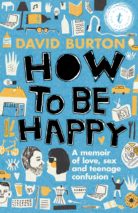Why we need diverse books in Australian schools
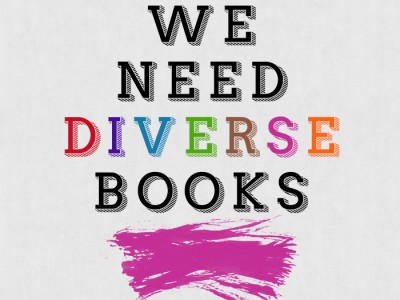
Stella Prize Schools Coordinator Bec Kavanagh discusses the need for diverse books in an Australian context, and offers some suggested reading recommendations.
We need diverse books because reading is the way we imagine ourselves and others. If unconscious gender bias means that women (half the world’s population) aren’t being heard, then what additional voices are we missing? What voices are simply falling off the edge of our literary landscape because they come from even more marginalised groups?
The Stella Prize Schools Program (SPSP) is necessary because women writers are underrepresented on the curriculum. If women are already underrepresented, then women who are gay, trans, migrant, refugee, Indigenous, deaf, autistic and any number of other groups are too, even more so.
Earlier this week, I was invited to speak at the VATE (Victorian Association for the Teaching of English) middle years conference about diversity in the classroom. My starting point was the #WeNeedDiverseBooks campaign, established in the US to address the lack of diversity in schools. The feedback I’ve received from teachers since this event proves that the desire to diversify classroom texts is there, but many teachers are faced with hurdles such as a lack of time or resources and occasional opposition from more traditional staff members.
In Australia, the We Need Diverse Books movement is gaining momentum. Ambelin Kwaymullina, author of The Tribe series, is particularly passionate about promoting diverse voices, and has written articles for the Wheeler Centre, Kill Your Darlings and Alpha Reader on the issue of diversity in fiction. A recent Daily Life article on the movement asked:
Is it such a stretch for a medium capable of dreaming up boy wizards and dystopian netherworlds to extend its imaginative possibilities to the human experience?
Judging by the enthusiasm I’ve seen from teachers who want to include more diversity in their school texts, it’s not a stretch at all. The voices that make up the YA canon are diversifying, and many teachers are keen to highlight these voices in the classroom. I’ve written this post to assist with the process. Outlined below are several areas of diversity to consider, including some text suggestions and links to further resources. For suggestions specific to your classroom requirements, email schools@thestellaprize.com.au.
Culturally diverse characters
In her Guardian article ‘Still looking for Alibrandi: migrant teens deserve their own young adult fiction‘, YA author and SPSP ambassador Sarah Ayoub talks about the ongoing need for writing about children from migrant families:
Across Australia teens of diverse backgrounds are hungry for the comfort these stories offer, showing them they’re not alone in whatever identity struggle they might be facing. And their Anglo-Celtic counterparts enjoy the lessons they learn from these stories that dispel the myths of otherness they’ve often been fed.
Ayoub’s debut YA novel Hate Is Such a Strong Word joins a range of other contemporary YA narratives that are presenting a more complex picture of what ‘normal’ looks like for contemporary Australian teenagers.
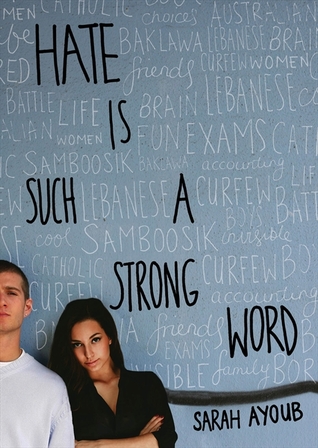
Hate Is Such a Strong Word by Sarah Ayoub (Harper Collins)
Read more about this title
Download teaching notes
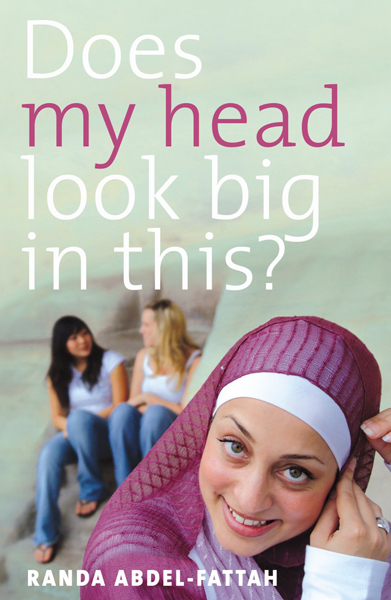
Does My Head Look Big in This? by Randa Abdel-Fattah (Pan Macmillan)
Read more about this title
Download teaching notes
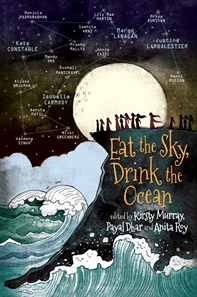
Eat the Sky, Drink the Ocean edited by Kirsty Murray, Payal Dhar and Anita Roy (Allen & Unwin)
Read more about this title
Download teaching notes

Laurinda by Alice Pung (Black Inc)
Read more about this title
Download teaching notes
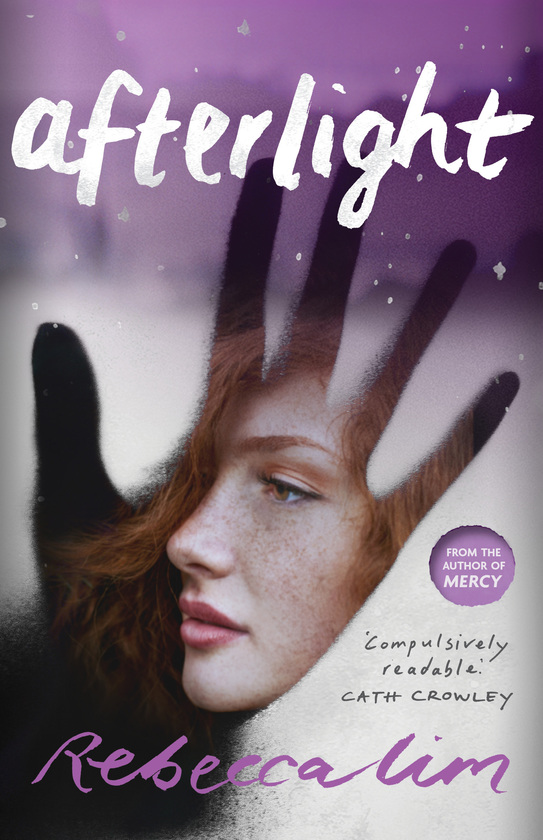
Afterlight by Rebecca Lim (Text Publishing)
Read more about this title
Download teaching notes
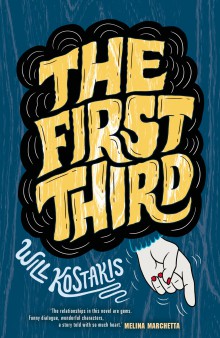
The First Third by Will Kostakis (Penguin)
Read more about this title
Download teaching notes
Indigenous writing
The underrepresentation of Indigenous literature in many discussions about Australian YA is not due to a lack of choices – there is a LOT to choose from, with Indigenous YA authors writing high quality fiction in a variety of narrative styles. Magabala Books has an extensive YA list, and almost all of their titles have teaching notes available. In addition, the books below are well worth consideration for secondary study.
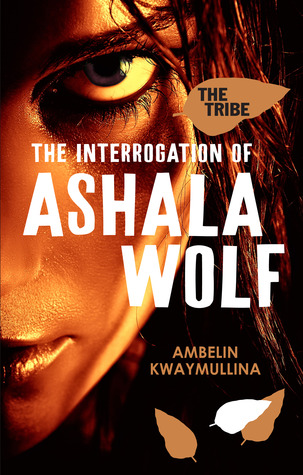
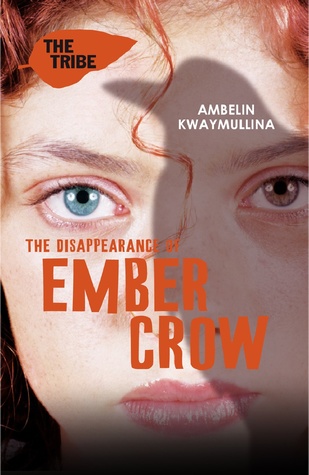

The Tribe series by Ambelin Kwaymullina: The Interrogation of Ashala Wolf, The Disappearance of Ember Crow, and The Foretelling of Georgie Spider (Walker Books)
Read more about these titles
Download teaching notes
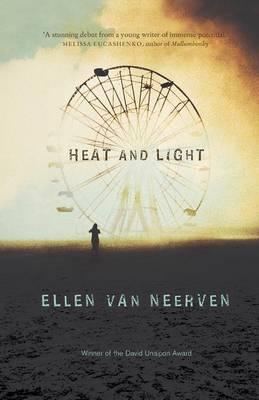
Heat and Light by Ellen van Neerven (UQP)
Find out more about this title
Download teaching notes
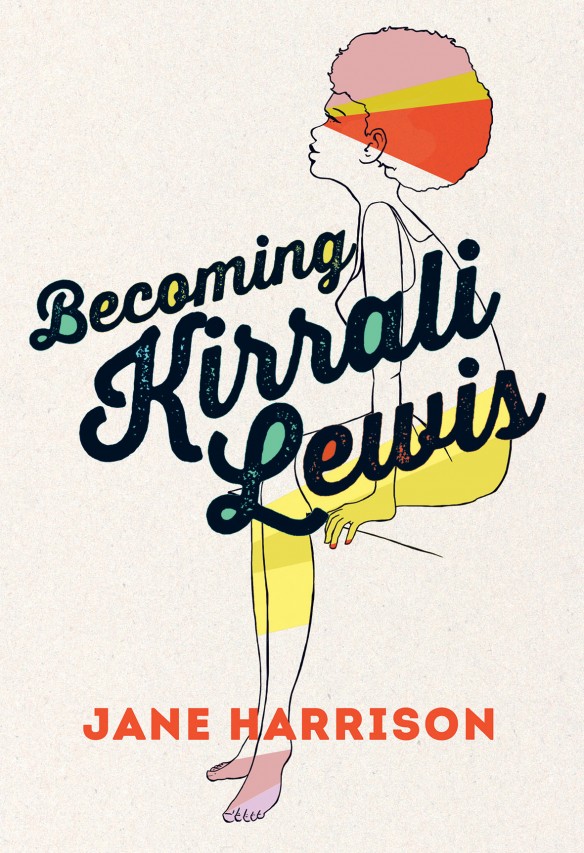
Becoming Kirrali Lewis by Jane Harrison (Magabala Books)
Find out more about this title
Download teaching notes
LGBTQI and gender diverse characters
SPSP ambassador Erin Gough has said that she wrote her Ampersand Prize-winning book The Flywheel, about a gay teenage girl dealing with her sexuality, because it was the sort of book she wished she could have read in high school. Her book is one of several excellent contemporary Australian YA books that explore diverse experiences of gender and sexuality. Erin’s guest post ‘Hooray for Gay!‘ on the Centre for Youth Literature’s Inside a Dog site suggests some wonderful titles on these issues. Those seeking further suggestions for texts that include LGBTQI characters will also find plenty of suggestions at the Australian LGBTQ YA tumblr, which suggests books with both primary and secondary LGBTQI characters.
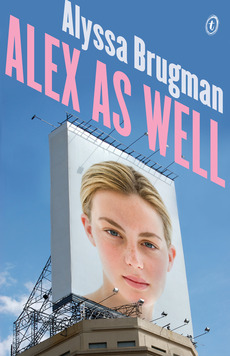
Alex As Well by Alyssa Brugman (Text Publishing)
Find out more about this title
Download teaching notes
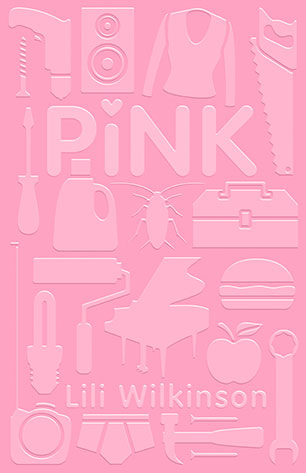
Pink by Lili Wilkinson (Allen & Unwin)
Find out more about this title
Characters with intellectual and physical disabilities
There are some outstanding recent Australian YA titles featuring characters with intellectual and/or physical disabilities. These including the David Burton’s Text Prize-winning YA memoir How to be Happy, and Chrissie Keighery’s Whisper (below). Author Darren Groth is passionate about neurodiversity, and both of his books, Kindling and Are You Seeing Me (below), feature characters on the autism spectrum.
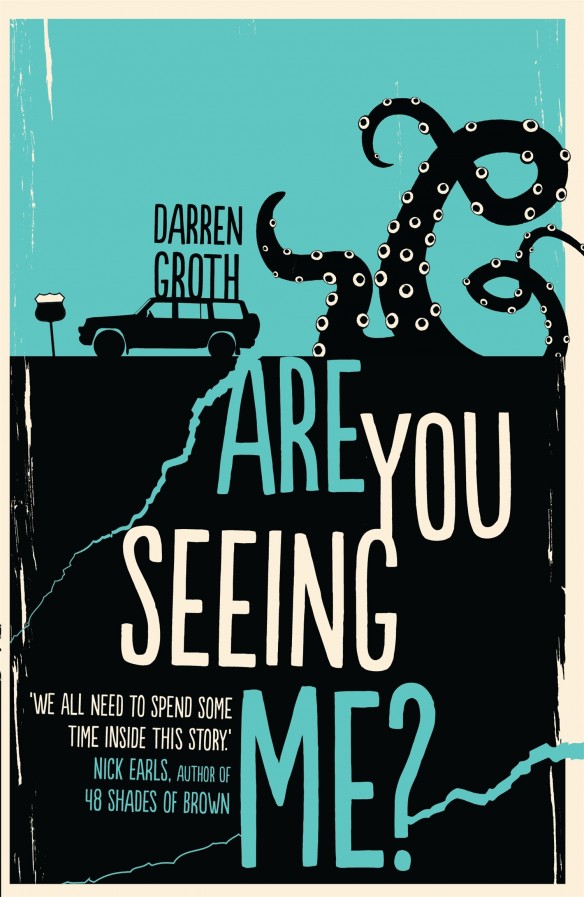
Are You Seeing Me? by Darren Groth (Random House)
Find out more about this title
Download teaching notes
How to be Happy by David Burton (Text Publishing)
Find out more about this title
Download teaching notes

Whisper by Chrissie Keighery (Hardie Grant Egmont)
Download teaching notes
No single story
In her TED talk The Danger of a Single Story, Chimamanda Ngozi Adichie says:
What struck me was…that she felt sorry for me even before she saw me. Her default position towards me, as an African, was a kind of patronising, well-meaning pity. My roommate had a single story of Africa, a single story of catastrophe. In this single story there was no possibility of Africans being similar to her in any way, no possibility of feelings more complex than pity, no possibility of a connection as human equals.
We need diverse books because the world is made up of so much more than a single story.

